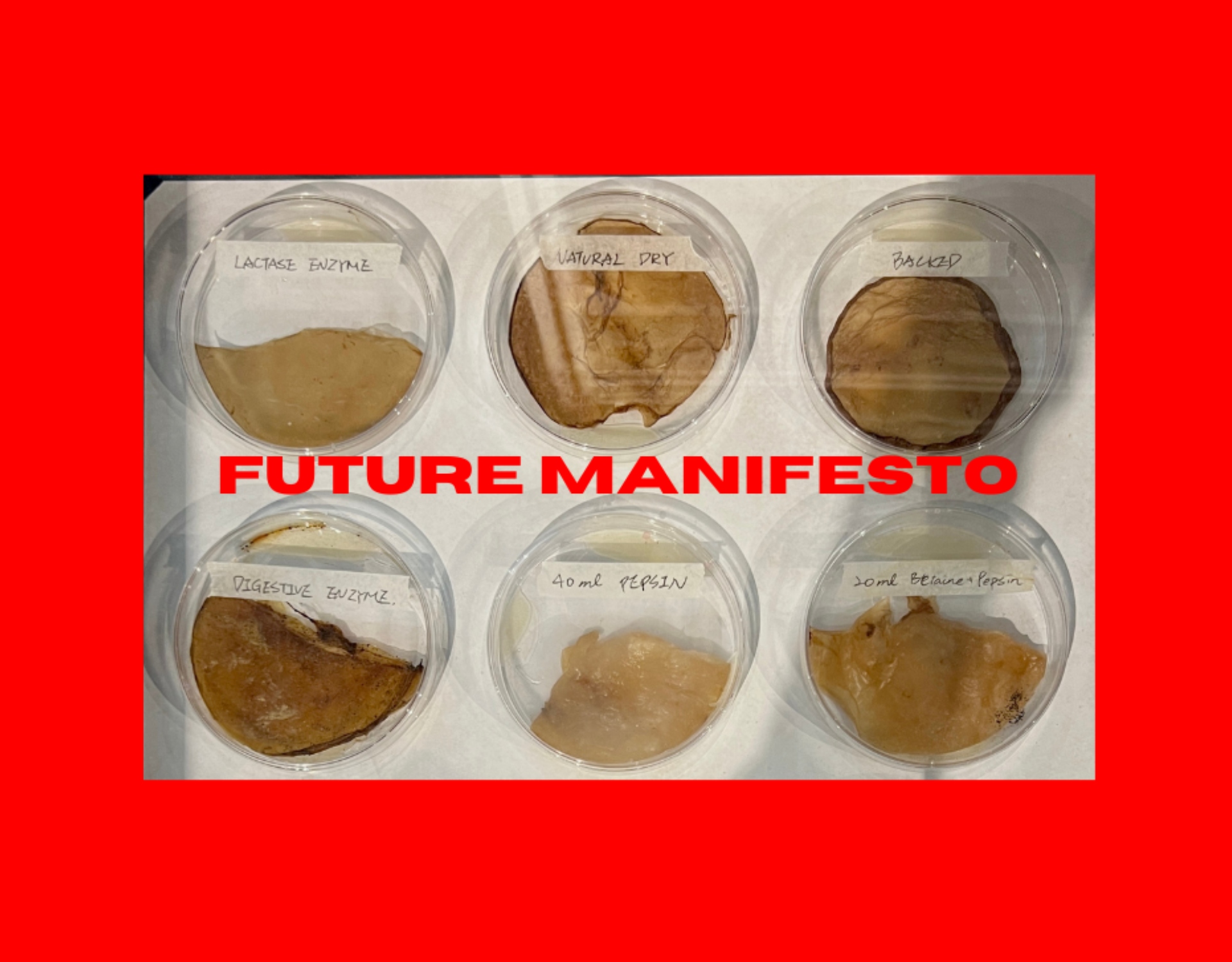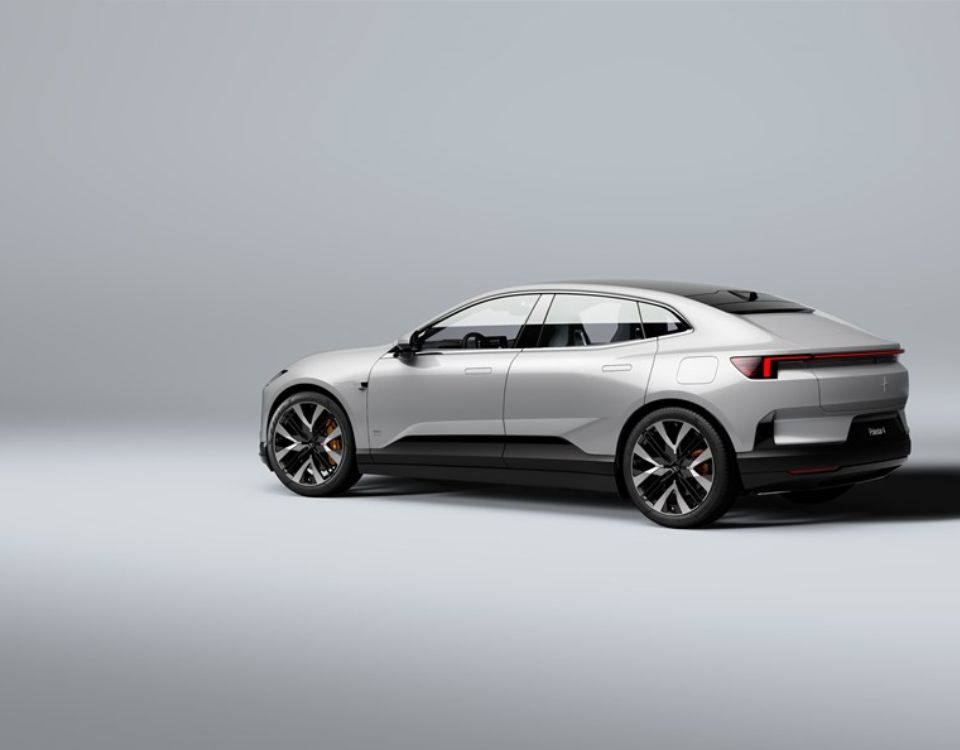Apple Pledges to Use 100% Recycled Cobalt in Batteries by 2025
Apple Inc (AAPL.O) announced on Thursday that it plans to use only recycled cobalt in its batteries by 2025, in a move to make all its products carbon-neutral by 2030. This bold move is part of the company’s efforts to help reduce e-waste and minimize its carbon footprint.
Recycling Cobalt for a Better Future
By utilizing only recycled cobalt, Apple aims to take a big step in minimizing the use of new resources and avoid sourcing materials from conflict zones. The company plans to recover the metal from old devices and scrap, to reuse it in the production of new ones.
Apple’s Commitment to a Sustainable Future
Apple is committed to creating a more sustainable future and has made several significant environmental commitments. It plans to become carbon-neutral through its entire supply chain by 2030, and this recent pledge is part of that effort.
Recycling More Than Just Cobalt
In addition to its pledge to use only recycled cobalt, Apple has also committed to recycling other materials, including rare earth elements, tin soldering, and gold plating. Moreover, the magnets in Apple devices will also be made of recycled rare earth elements, and the company’s in-house designed printed circuit boards will use recycled materials as well.
The Importance of Using Recycled Materials
By using only recycled materials, Apple aims to minimize its carbon footprint and reduce its impact on the environment. This pledge is significant because it sets an example for other companies in the tech industry to follow. The use of recycled materials helps reduce e-waste and creates a more sustainable supply chain, promoting a greener future.
Recycled Cobalt: A Step in the Right Direction
In conclusion, Apple’s commitment to using only recycled cobalt is a step in the right direction. The company plans to use 100% recycled cobalt by 2025, which will make a significant impact on the environment. By reducing the demand for new resources, Apple is making a valuable contribution to a more sustainable future.
Source: Reuters








